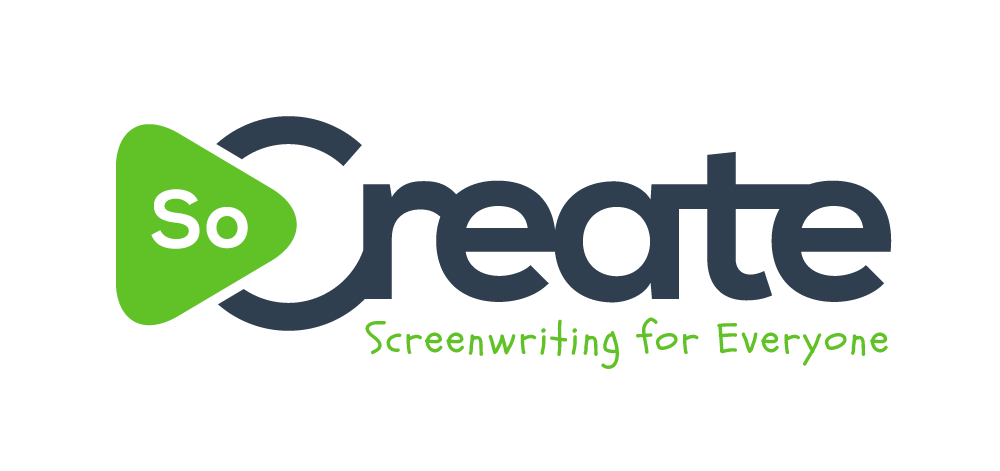General
-

SoCreate Transforms Screenwriting Norms with AI Imagery and Community Tools
SoCreate, a newcomer in the screenwriting software market, aims to stand out by integrating AI imagery and community-driven sharing tools to enhance the writing experience. Competing with established players like Final Draft and Celtx, SoCreate…
-

Alan raises $193M in Series F funding to hit $4.5B valuation
French health insurance startup Alan has raised €173 million (approximately $193 million) in a Series F funding round led by Belfius, one of Belgium’s largest banks. The deal, which also includes a distribution partnership, pushes…
-

Indian Startup Oyo Buys Motel 6 for $525 Million
Oyo, one of India’s largest startups, has agreed to purchase G6 Hospitality, the operator of Motel 6, for $525 million in an all-cash transaction. The deal, which also includes G6’s Studio 6 extended stay brand,…
-

AI Startup 11x.ai Raises $24M Series A to Revolutionize Process Automation
11x.ai, a startup focused on automating workflows through AI bots, has raised $24 million in a Series A funding round led by Benchmark. The company, which specializes in creating “automated digital workers,” aims to replace…
-

Luma AI Unveils Dream Machine API Just Hours After Runway’s Announcement
Luma AI has intensified competition in the AI video generation field by launching its Dream Machine API just hours after Runway introduced its own API. The Dream Machine API allows developers and businesses to create…





